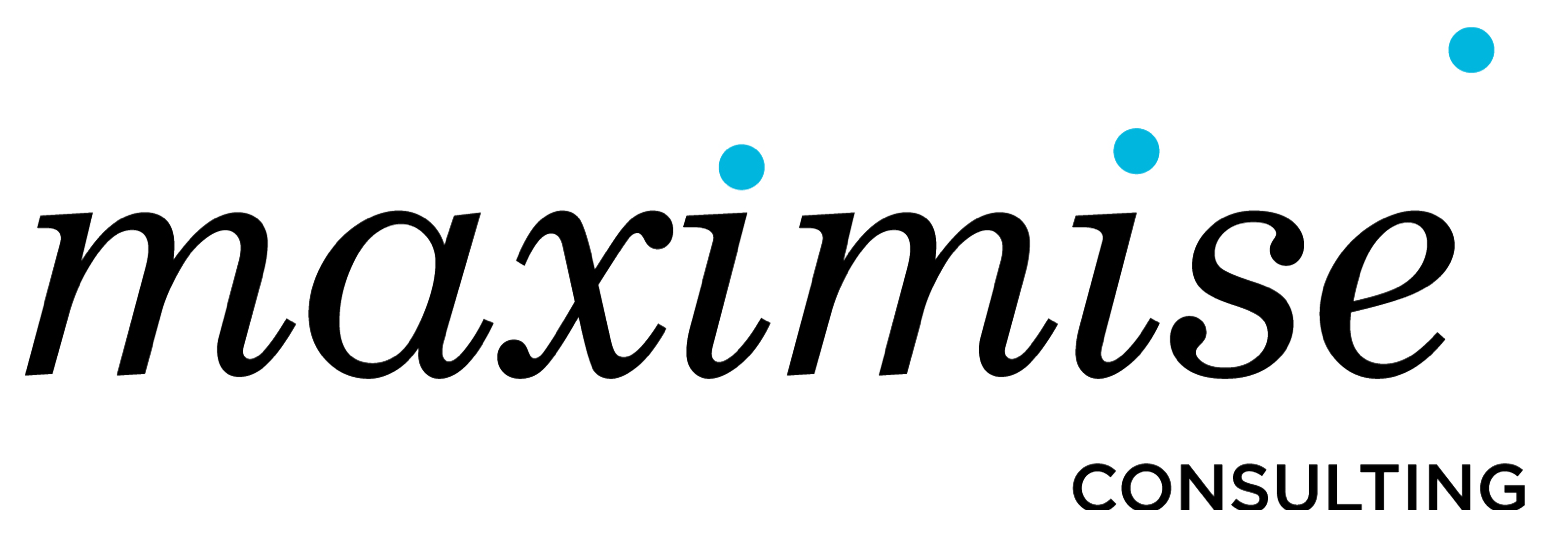The strategic role of executive coaching
Organisations that use coaching strategically understand its value in providing targeted, just-in-time development that sharpens leadership impact where it makes the biggest difference.
Whilst executive coaching is increasingly part of an organisation’s leadership development offering, its potential remains under-realised. It can be treated as a reactive, remedial intervention, deployed when a leader is struggling, when relationships are strained, or when confidence falters. At worst, it can be used to manage someone out under the guise of support. When this happens, coaching is not only misused, it reflects a broader failure to proactively invest in leadership and talent strategy.
Rather than wait for crisis, coaching can be purposefully deployed to accelerate transitions, support critical roles, build positive connection and leverage across organisational boundaries, and stretch already capable leaders to the next level of performance.
Beyond the curriculum: the value of one-on-one coaching
Executive coaching offers targeted, one-on-one support that goes beyond structured group leadership programs. Unlike standard curricula, it’s tailored to the leader’s specific context, delivering meaningful impact across individual, team, business, and stakeholder outcomes.
Just-in-time strategic uplift
Coaching provides timely, targeted support for leaders whose roles carry wide influence, whether through the teams they lead, the decisions they shape, or the culture they model. It is particularly effective for individuals in positions where a shift in thinking or behaviour can be a multiplier across functions, business units, or strategic initiatives. In this way coaching becomes a high-leverage intervention to accelerate impact precisely where it matters most.
Real-time, real-world relevance
Coaching is tailored to the leader’s real-world context, challenges, and goals. It evolves as their environment shifts, turning lived experience into actionable insight. The one-on-one support drives deeper reflection, sustained behaviour change, and meaningful follow-through.
Navigating role boundaries, authority, & power dynamics
Coaching offers a reflective space for leaders to understand their role within complex relational systems and interdependencies. It enables thoughtful choices around managing boundaries, authority, and power dynamics. It builds role clarity, helping them understand how their actions influence and are influenced by the broader organisational dynamics they operate within.
Confidentiality & honest reflection
Coaching offers a safe space where leaders can speak openly, test their thinking, and explore sensitive issues without fear of judgement or political consequences. An external coach brings objectivity, offering clarity, fresh perspective, and the freedom to be candid.
Personal development & transformation
Coaching supports the deeper personal shifts that leadership growth often requires. It can provide space to let go of unhelpful habits, reframe limiting assumptions, navigate personal transitions, and consciously shape leadership identity and legacy. Sometimes, it’s the discovery of a renewed sense of purpose or deeper meaning.
Where executive coaching creates impact
Executive coaching sharpens leadership capability, strengthens decision-making, and accelerates personal growth. It builds self-awareness, hones communication, and aligns individual goals with organisational priorities. Through targeted reflection and feedback, it drives performance, resilience, and strategic focus, contributing to stronger teams and lasting business results. It supports a wide range of leadership needs, in particular:
Role transitions. When leaders step into greater scope or complexity, coaching helps them to clarify their authority, impact, and strategic focus, work through competing demands and pressures, and prepares leaders for stretch roles.
Leading through change. During significant organisation transformation, coaching provides a confidential space to develop tactics to help people face external realities, deal with loss, and productively mobilise the workforce with purpose and meaning.
Enhancing leadership impact. Leaders with strong technical skills often need support to strengthen their relational intelligence and influencing ability, strengthening presence and personal impact.
Broadening strategic thinking. Coaching supports the shift from operational execution to enterprise-level, systems-based leadership.
Navigating interpersonal dynamics & politics. Coaching helps leaders build inner authority, navigate high-stakes environments, and manage complex interpersonal dynamics with greater confidence and clarity.
Sustaining high performance. Even experienced leaders benefit from a thinking partner to help them stretch, stay focused, reflective, and sharp.
Building leadership bench-strength & retaining key talent. Coaching can be an effective way to support key leadership talent at risk of burnout or disengagement. It shows genuine organisational commitment, helping to re-engage leaders and strengthen retention.
We see coaching as a catalyst for unlocking leadership potential and creating strategic leverage. It develops confident, capable leaders who drive lasting impact and strengthens the organisation’s talent pipeline.
Investing in executive coaching?
Does this individual have the motivation and readiness to benefit from coaching?
Is there a clear purpose for the coaching linked to business, role or leadership needs?
Will coaching create value for the individual, their team and the organisation?
Could the talent issue be better addressed through other development, structural, or performance processes?
What are the risks to the individual, team, or organisation if you delay or do nothing?
If you’re ready to elevate your organisation’s leadership and accelerate growth, connect with Maximise Consulting to explore how our executive coaching services can unlock your leader’s full potential.

